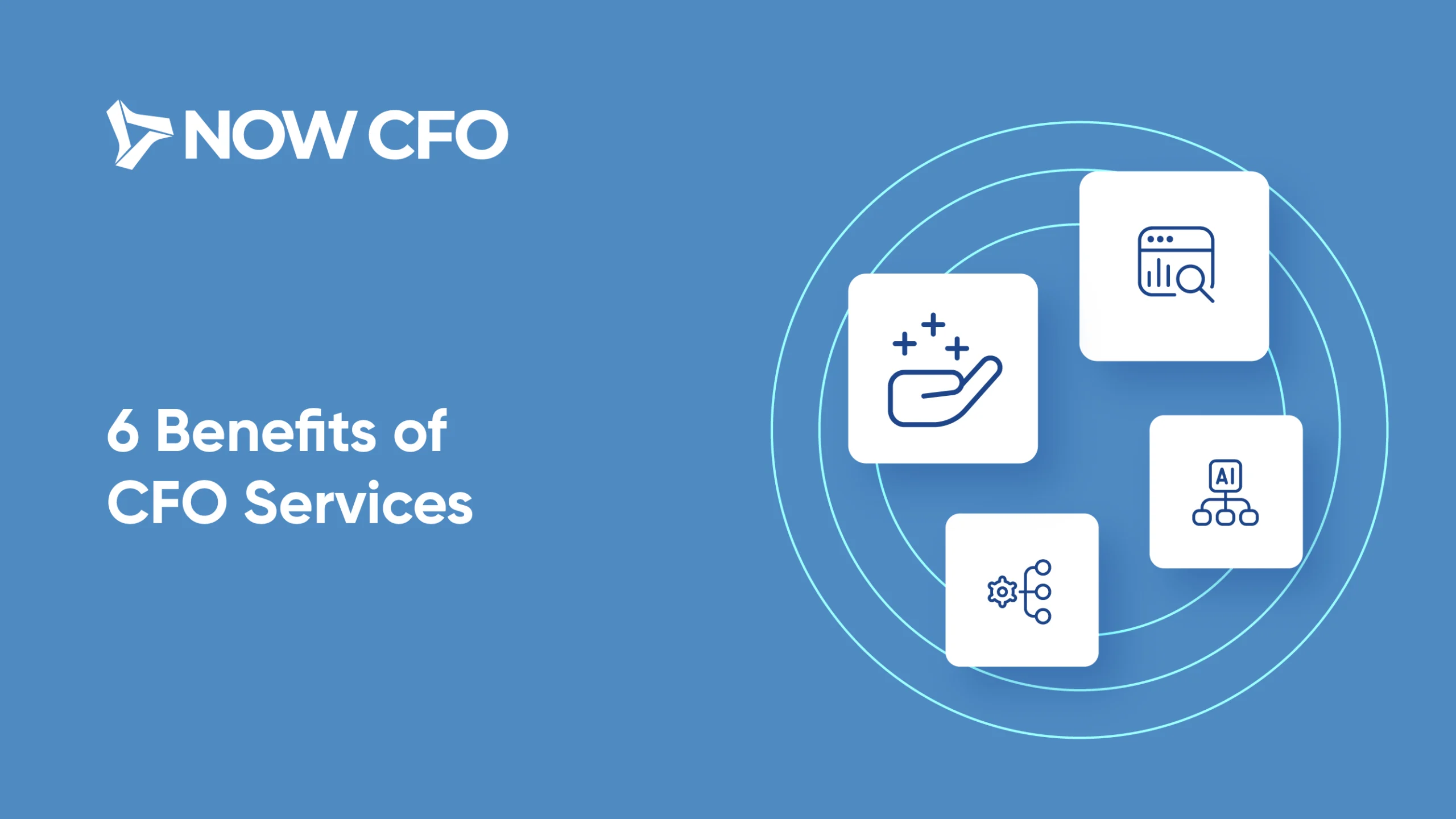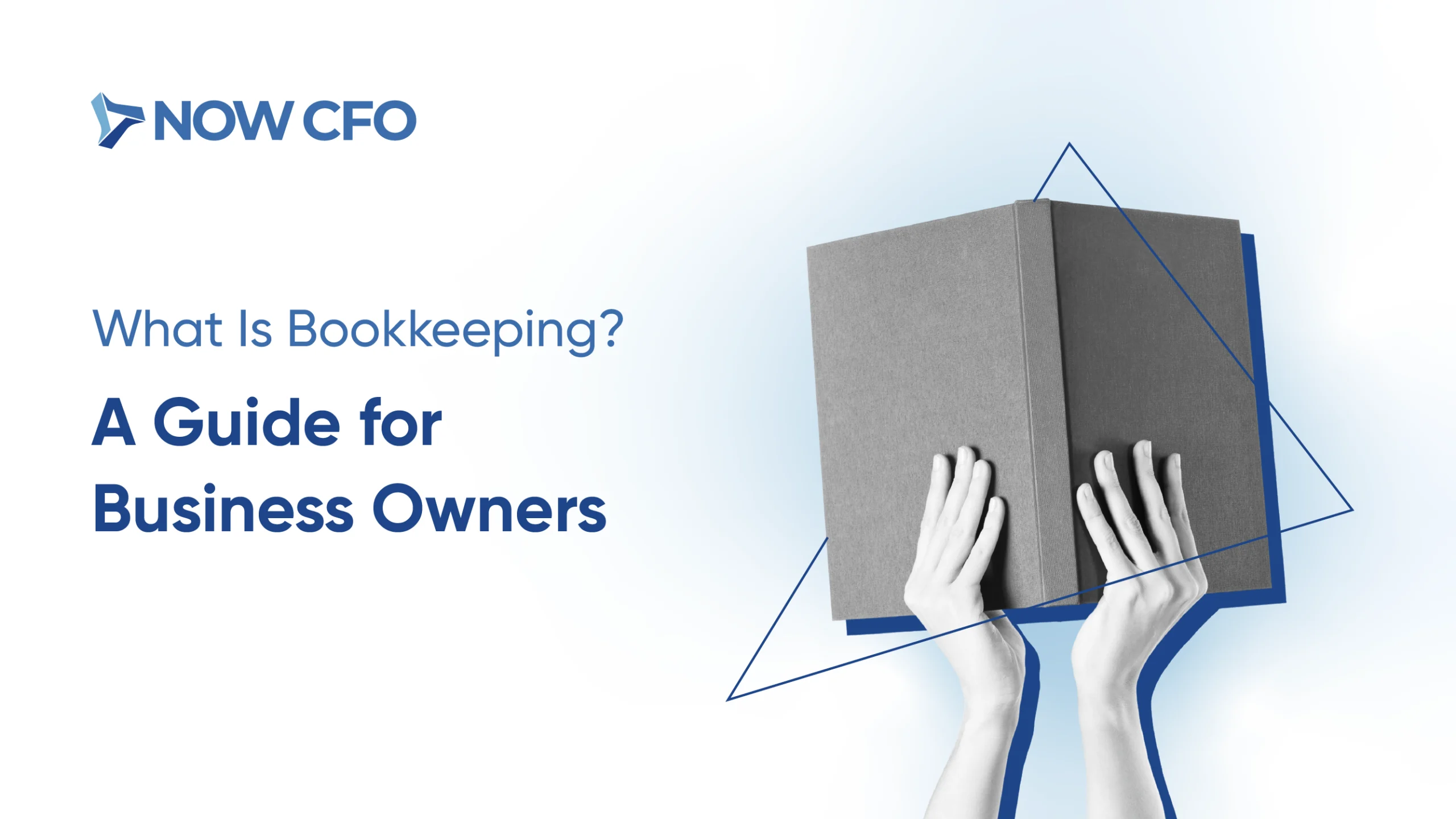
In the ever-evolving landscape of business and finance, staying ahead involves understanding the current trends and predicting future changes. As we enter 2024, it is increasingly critical for businesses to monitor certain Financial KPIs (Key Performance Indicators) to ensure they are on the right track towards fiscal health and prosperity. This post will explore the most important Financial KPIs of the year, delving into what goals to strive for within each KPI and highlighting potential threats to be aware of.
The Most Important Financial KPIs of the Year
- Net Profit Margin: This KPI indicates a company’s profitability, calculated as net income divided by revenue. It shows what percentage of each dollar earned translates into profit. In 2024, with economic uncertainties and varying consumer behaviors, maintaining a healthy net profit margin is more challenging yet crucial. Companies need to focus not just on increasing revenues but also on efficiently managing expenses. Strategies like optimizing supply chains, investing in cost-effective technologies, and targeting high-margin products or services can help businesses enhance their net profit margins.
- Return on Investment (ROI): ROI measures the profitability and efficiency of an investment, calculated by dividing the net gain from an investment by its cost. In 2024, as businesses invest in new technologies and markets, understanding which investments yield the highest returns is vital. ROI helps businesses evaluate the effectiveness of their investment decisions, be it in marketing campaigns, research and development, or capital expenditures. A high ROI means the investment gains compare favorably to their cost, signifying a successful allocation of resources.
- Operating Cash Flow: This KPI measures the cash generated by a company’s regular business operations. Positive operating cash flow indicates that a company can generate more cash than it spends, which is essential for long-term success. In 2024, with potentially volatile market conditions, a strong operating cash flow indicates a company’s ability to maintain stability and invest in growth opportunities. Companies can improve their operating cash flow by enhancing their revenue streams, managing inventory more efficiently, and optimizing their accounts receivables and payables.
- Debt-to-Equity Ratio: This financial ratio compares a company’s total liabilities to its shareholder equity. It measures the degree to which a company finances its operations through debt versus wholly-owned funds. In 2024, an optimal debt-to-equity ratio will vary by industry. Still, in general, a lower ratio is preferable as it indicates less risk. Companies with high debt-to-equity ratios may need help during economic downturns as they must service their debt regardless of operating performance. Maintaining a balanced ratio is key to financial health, providing enough leverage for growth while not overburdening the company with debt.
- Current Ratio: The current ratio is a liquidity ratio that measures a company’s ability to pay short-term and long-term obligations. It compares a firm’s current assets to its current liabilities. A ratio above 1 indicates that the company has more current assets than current liabilities, indicating good financial health. A strong current ratio will be particularly important for businesses to manage unexpected expenses or economic downturns. Improving this ratio can involve managing inventories more effectively, speeding up receivables, and managing payables strategically.
What to Strive for Within Each KPI
- Net Profit Margin: Companies should target a net profit margin that surpasses industry norms and demonstrates growth over time. To achieve this, businesses can implement strategies like enhancing operational efficiency, reducing unnecessary costs, and exploring new revenue streams. For instance, investing in automation might reduce labor costs, while expanding into new markets or product lines can boost revenue. Companies should regularly benchmark their net profit margin against competitors to stay within industry standards.
- Return on Investment (ROI): Aiming for a high ROI requires a balanced approach to risk management and investment choices. In 2024, companies should focus on strategic investments that align with long-term goals and have the potential for significant returns. This could include investing in emerging technologies, expanding into new markets, or developing innovative products. It’s also crucial to regularly review and assess the performance of investments to ensure they are meeting expected ROI targets and to make adjustments as needed.
- Operating Cash Flow: The goal is to maintain a consistently positive cash flow. This can be achieved by efficiently managing working capital, including inventory, accounts receivable, and accounts payable. Businesses might improve their cash flow by negotiating better terms with suppliers, implementing more efficient billing and collections processes, and managing inventory levels to avoid excess. Regularly monitoring cash flow statements can help identify areas for improvement and ensure operational activities are cash-positive.
- Debt-to-Equity Ratio: Businesses should strive for a debt-to-equity ratio that balances debt and equity financing. The ideal ratio varies by industry and economic conditions, but a lower ratio is generally perceived as less risky. Companies can achieve this by using profits to pay down debt, issuing equity, or refinancing existing debt under more favorable terms. Keeping this ratio in check is important for maintaining financial flexibility and ensuring the business can withstand economic downturns.
- Current Ratio: The objective is to maintain a current ratio demonstrating the company’s ability to meet its short-term liabilities with its assets. A ratio of 1:1 or higher is generally considered healthy, indicating that the company has enough liquid assets to cover its immediate obligations. Improving this ratio can involve:
- Enhancing the collection of receivables.
- Efficiently managing inventory.
- Keeping a check on short-term liabilities.
A strong current ratio is particularly important in uncertain economic times, as it provides a buffer against cash flow disruptions.
Threats to be Aware of
- Economic Fluctuations: The global economy can be unpredictable, with factors like inflation rates, interest rate changes, and economic downturns significantly impacting financial performance. Businesses must stay vigilant and flexible. Strategies to mitigate these risks include:
- Diversifying income streams.
- Maintaining a healthy cash reserve.
- Regularly reviewing and adjusting financial forecasts and budgets.
Keeping an eye on economic indicators and adjusting business strategies accordingly can help manage the impact of economic fluctuations on Financial KPIs.
- Technological Disruptions: The rapid pace of technological advancement can lead to significant industry shifts, creating new competitors and changing customer expectations. To mitigate this threat, businesses should invest in continuous innovation and technology upgrades. Keeping abreast of emerging technologies and digital trends and integrating them into business operations can help maintain a competitive edge. For instance, adopting new financial management software can improve efficiency and accuracy in tracking Financial KPIs.
- Regulatory Changes: Changes in laws and regulations can impact various aspects of a business, including financial practices, reporting requirements, and operational compliance. Companies should invest in robust compliance programs and stay informed about relevant regulatory changes to navigate this. Regular training for staff and seeking advice from legal and financial experts can help ensure compliance and minimize the risk of penalties or legal issues that could adversely affect Financial KPIs.
- Market Competition: Intense competition can pressure prices, profit margins, and market share, directly impacting Financial KPIs. Businesses must focus on differentiating their products or services, improving customer experience, and identifying niche markets to stay ahead. Regular market analysis and competitor research can help understand the competitive landscape and make informed strategic decisions.
- Cybersecurity Risks: As financial operations increasingly rely on digital platforms, cybersecurity becomes critical. Data breaches or cyber-attacks can lead to significant financial losses and damage a company’s reputation. To protect against these risks, investing in robust cybersecurity measures, including secure data management practices, regular security audits, and employee training on cybersecurity best practices, is essential. Data integrity and security are crucial for maintaining the accuracy and reliability of financial reporting and KPI tracking.
Monitoring these Financial KPIs in 2024 will be instrumental for businesses aiming to navigate the complexities of the modern economic landscape. By understanding what to strive for within each KPI and being aware of potential threats, companies can position themselves for financial success. Remember, the journey towards financial health and growth is










